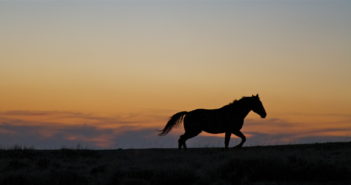
The Three Great Myths About America’s Wild Horses
We debunk the three greatest myths that the cattle industry has perpetrated regarding America’s wild horses.

We debunk the three greatest myths that the cattle industry has perpetrated regarding America’s wild horses.
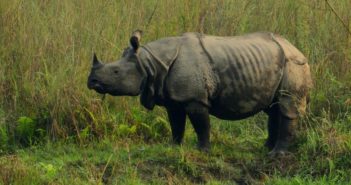
More action and less talk is required to combat wildlife crime. Many species are becoming severely depleted and may disappear if more is not urgently done by governments and enforcement agencies.
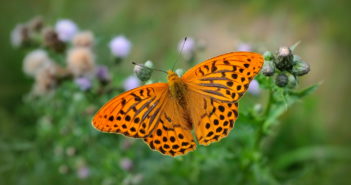
A world without insects would be one part sad — no butterflies, no bees — and one part terrifying: a collapse of human food systems, and a planet covered in dung and rotting carcasses.
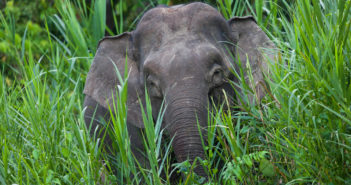
At least one-fifth of mammal species found in Malaysia are facing extinction. The one things that all of these species have in common is that human beings are the cause of their path towards extinction.

If you think millennials are too busy looking at their phones to care about conservation, you haven’t met these young people. Every year, Birdlife grants funding and support to young people whose new, fresh ideas are changing the way we protect the planet. Learn here about this year’s winners.
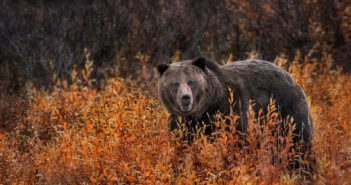
One million species are at risk of extinction due to human activity, UN report says, yet the US administration proposes weakening protections for native species.
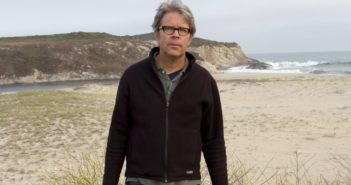
BirdLife speaks to renowned American author Jonathan Franzen about birds, economics, ethics and the end of the earth.
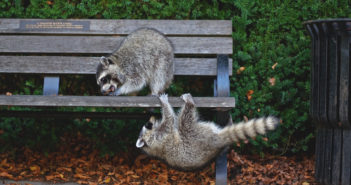
Cities will certainly be the most important human habitat going into the foreseeable future, and it is crucial that we get them right. It is essential to understand that our well-being is tied to a connection to nature and that nature in the city is not an amenity but a necessity.
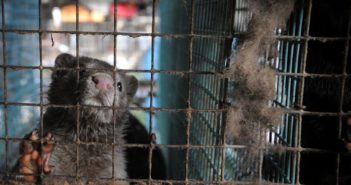
The film, now available online, efficiently and convincingly compiles many of the reasons the fur farming industry is harmful to animals, human health, and the environment, and should be brought to an end.
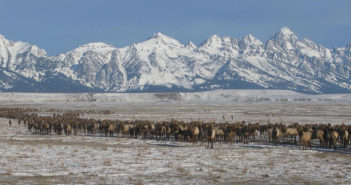
The outdated and unnecessary practice of supplemental feeding threatens to accelerate the spread of wildlife diseases, including lethal chronic wasting disease, and has led to the degradation of habitat.
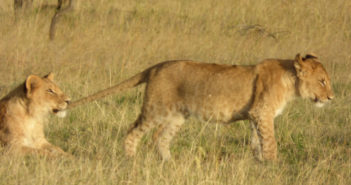
Compassionate conservation takes the well-being of wild lives as a core commitment. For the compassionate conservationist, forms of conservation that do not consider the well-being of other animals and their environments as an equal concern to other conservation goals are fundamentally unethical.
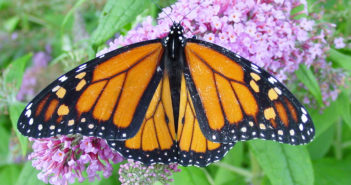
You might think that mowing fields wouldn’t benefit monarch butterfly populations. New research from Michigan State University, however, shows that disturbances like mowing – at key times – might help boost the iconic butterfly’s numbers.